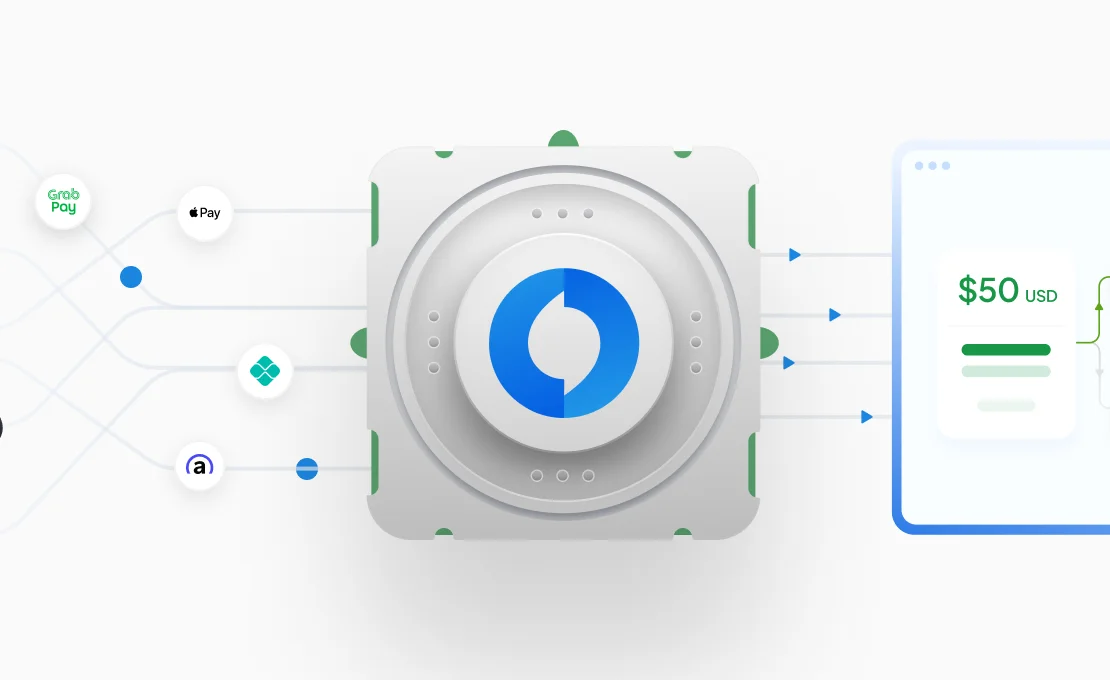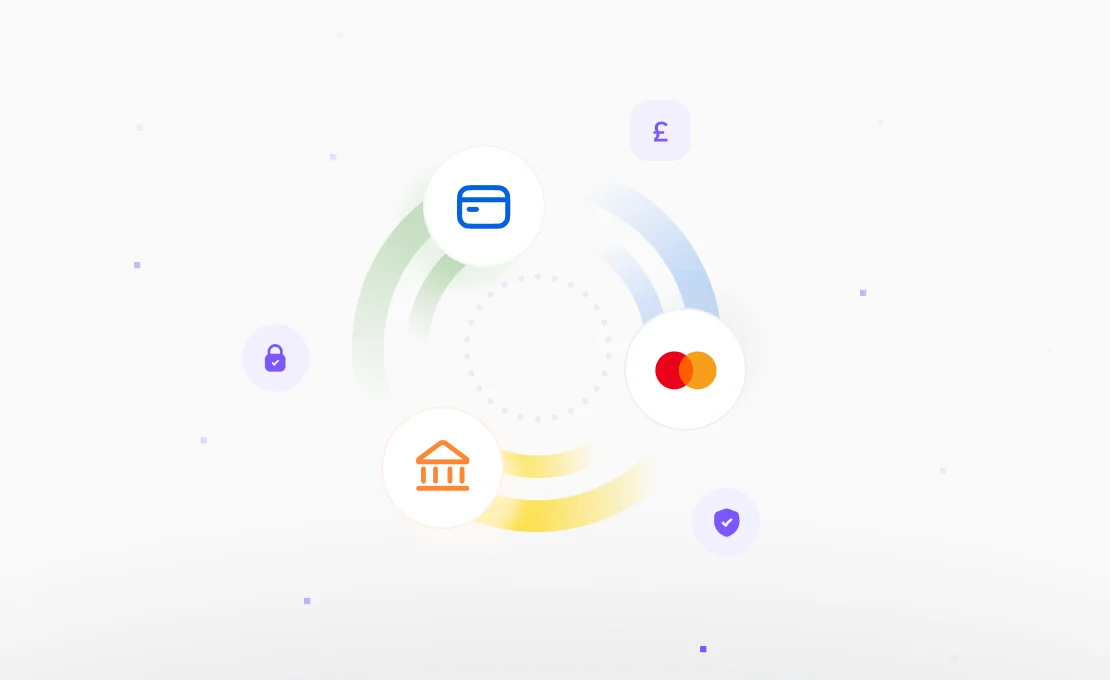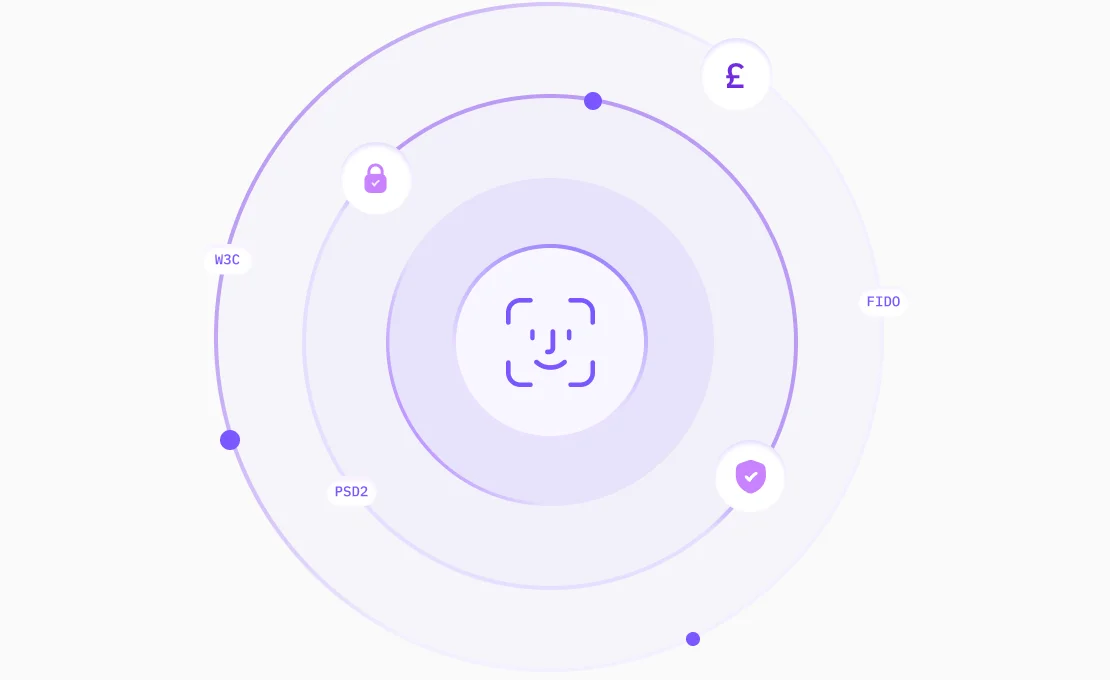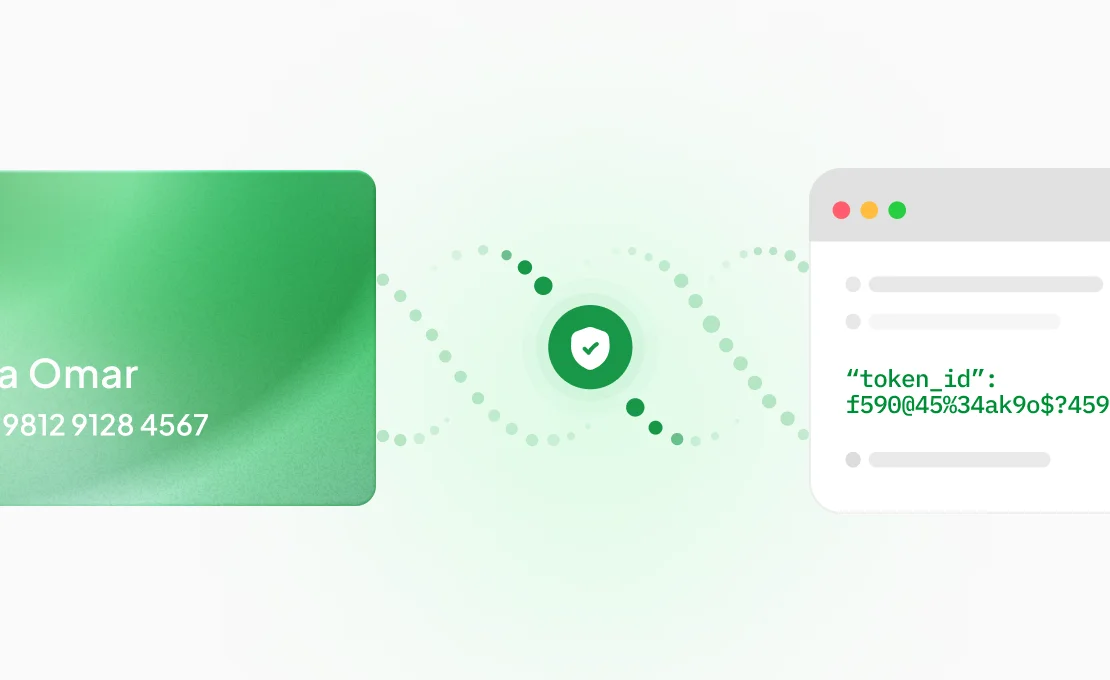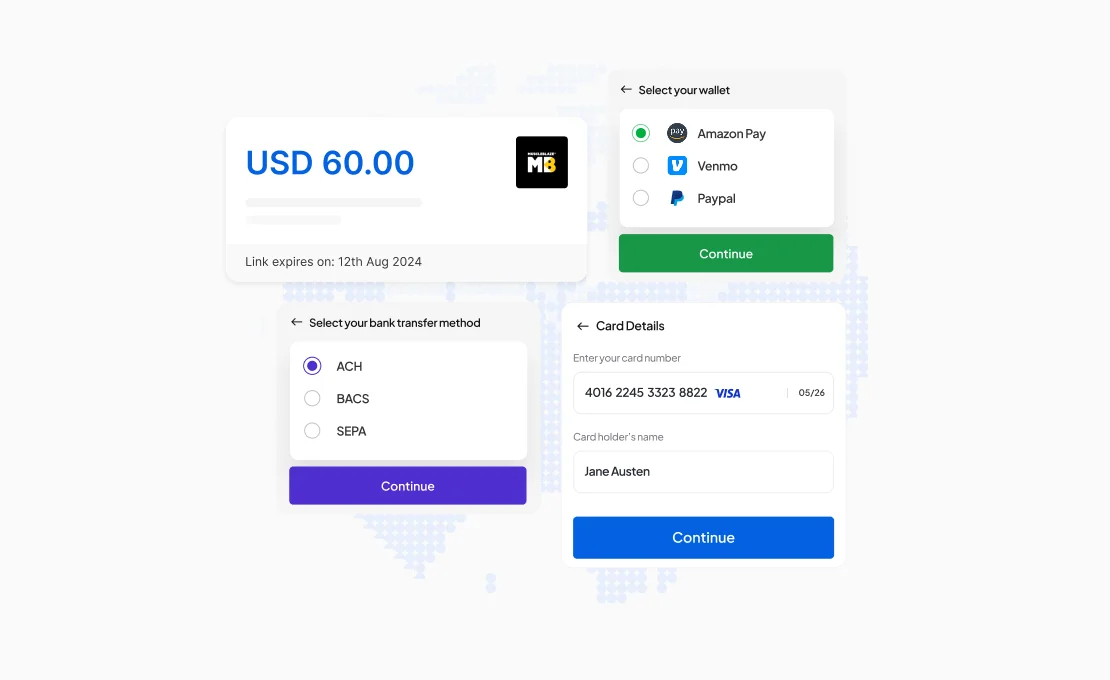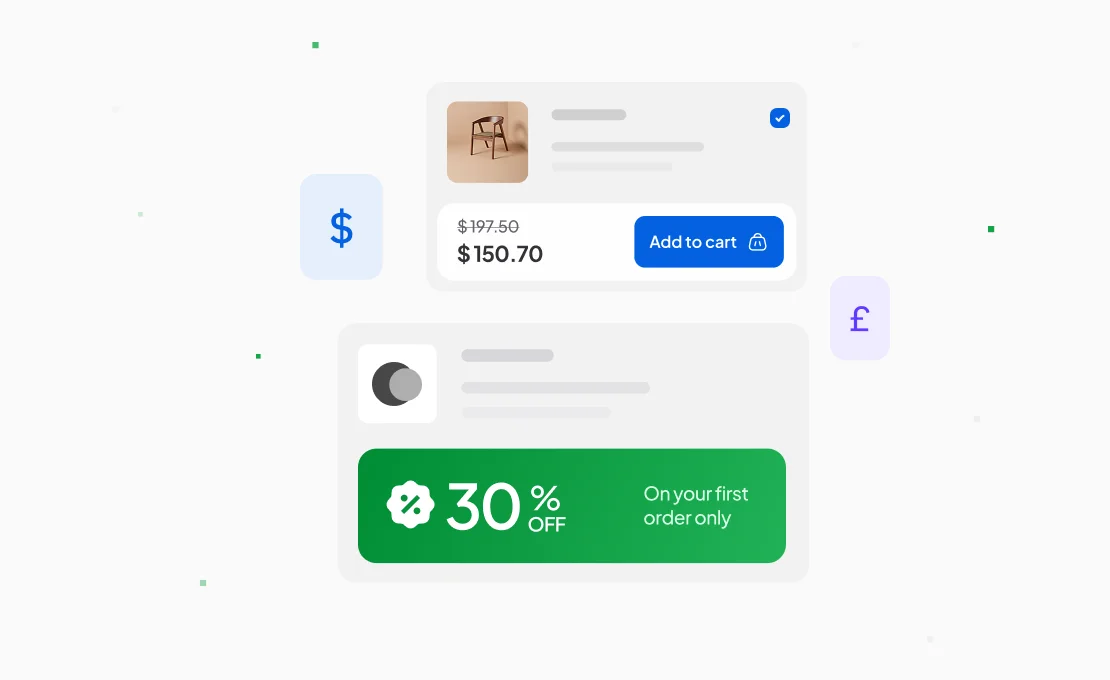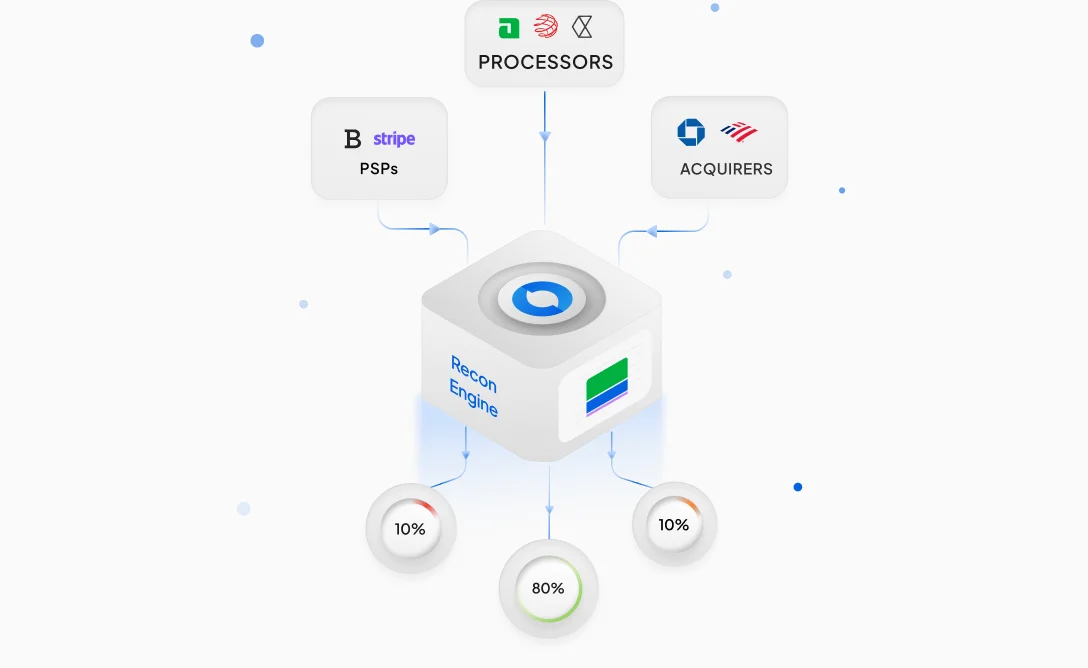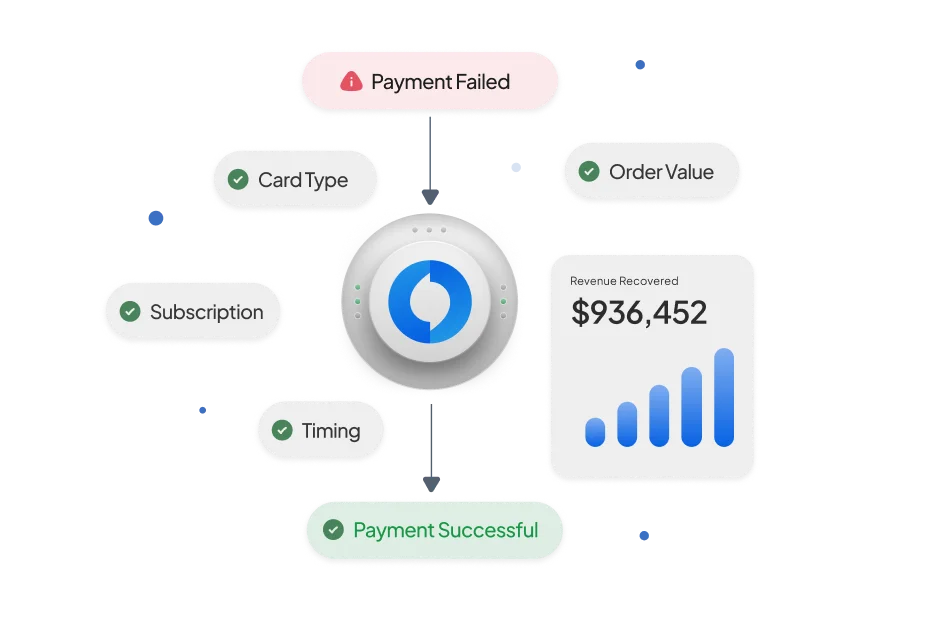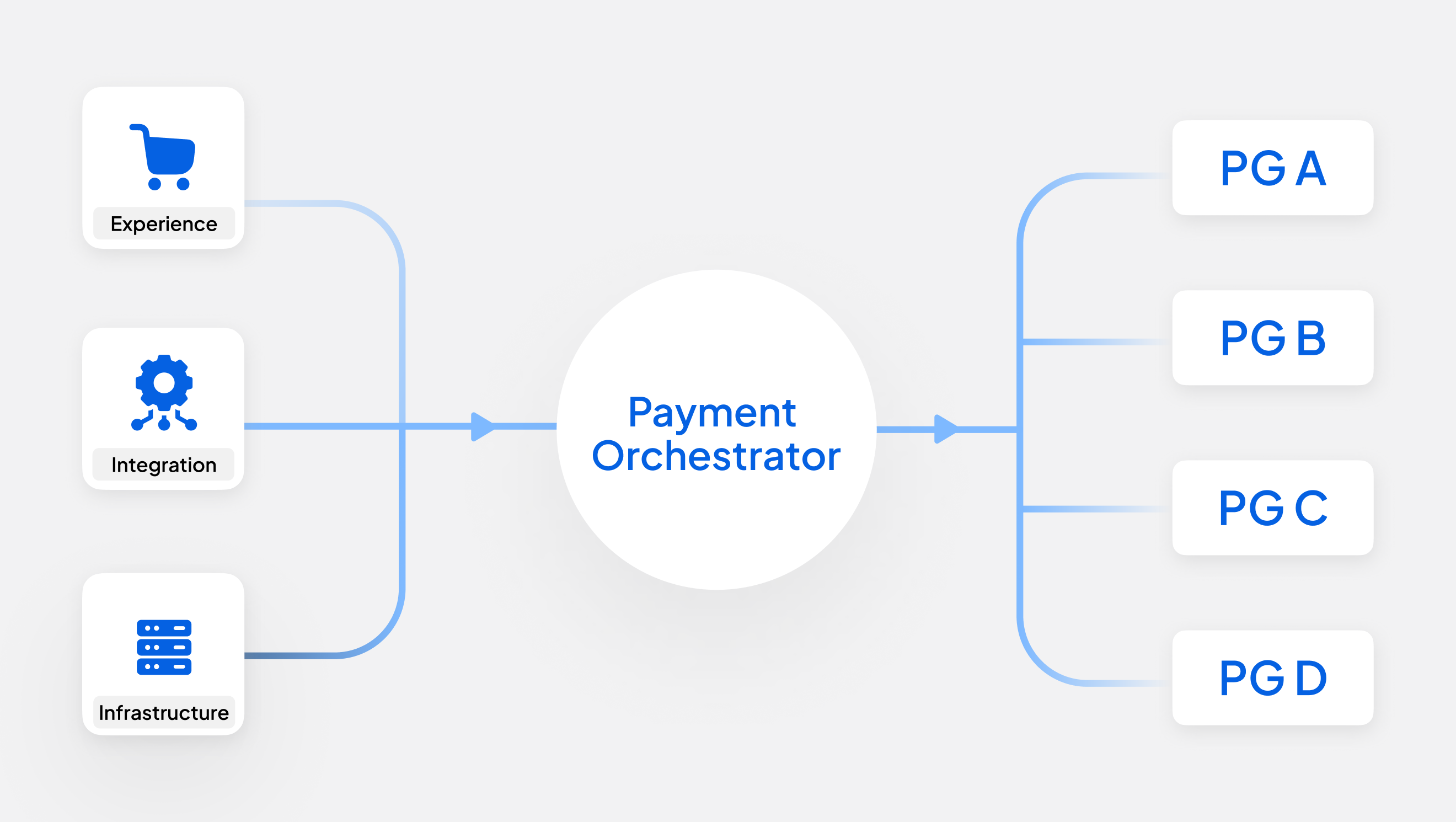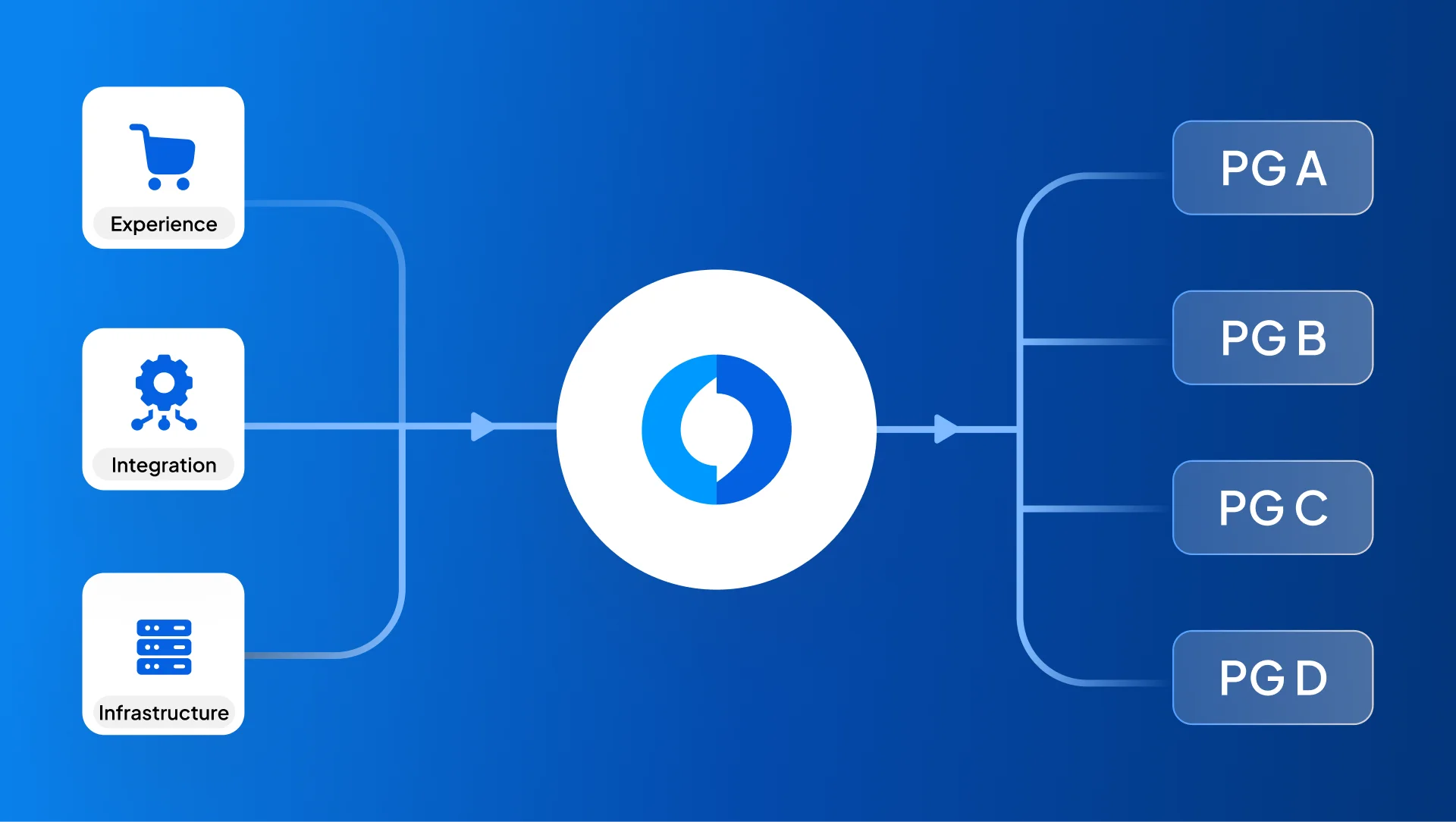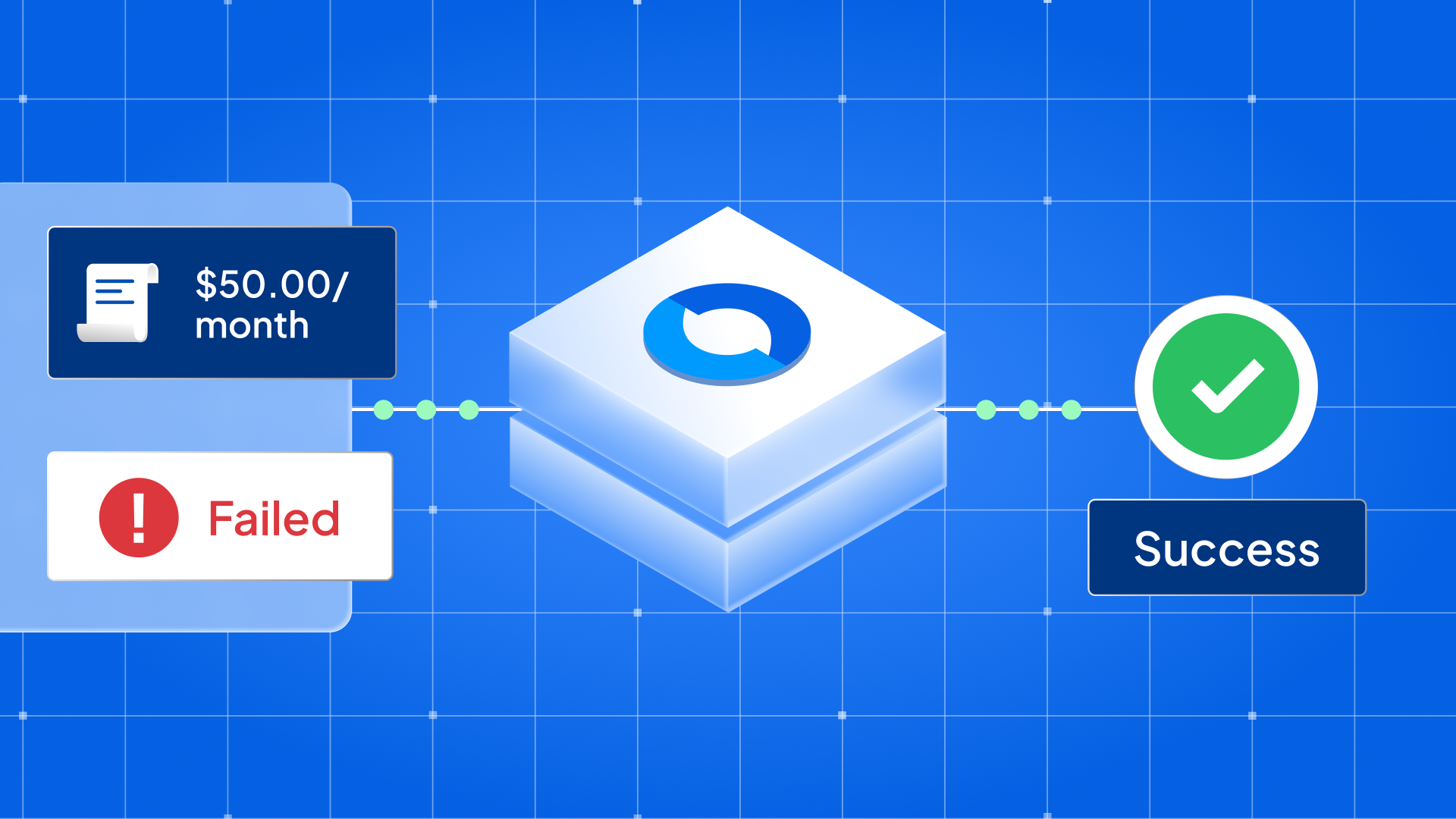Navigating the complex payment compliance landscape can be challenging for businesses that operate in multiple regions or jurisdictions. Businesses need to follow different regulations and standards to become successful and gain customer trust. Thus, ensuring payment compliance in different markets is not only a key business strategy but also a survival plan for businesses involved in the payment landscape.
Understanding Payment Compliance: Key Concepts and Challenges
Payment compliance means adhering to a set of rules, regulations, and standards. These govern the secure and lawful handling of payment data.
Payment compliance has been around for years. However, it became more structured and essential with the rise of credit cards and digital payments.
A business’s prospects can suffer from financial penalties, reputational damage, and legal consequences in case of non-compliance with payment regulations.
What is Payment Compliance?
In short, payment compliance ensures secure and trustworthy handling of financial transactions. It covers a full range of defences that shield sensitive customer data, protect against fraud, and maintain the integrity of payment systems worldwide.
Key aspects of payment compliance are as follows -
Data Security: This means executing robust measures such as encryption and tokenization. They protect cardholder information from unauthorized access and breaches.
Fraud Prevention: This can be done by employing tools and strategies such as transaction monitoring and risk assessment. They detect and prevent fraud activities quickly.
Regulatory Adherence: This can be achieved by complying with industry standards such as PCI DSS. Also, there are regional and global regulations related to data privacy and consumer protection that must be followed.
Importance of PCI Compliance in Payment Processes
The Payment Card Industry Data Security Standard (PCI DSS) is a set of security requirements. These requirements have a simple goal: all companies that accept, process, store, or transmit financial information must maintain a secure environment.
Maintaining PCI compliance is vital for any business that handles card payments. Doing so demonstrates a commitment to protecting customer data and reducing the risk of data breaches.
Payment Compliance Regulations Across Global Markets
Different countries have different laws, and each region has a unique payment regulation and standards. This means it is essential for businesses to adapt their compliance strategies accordingly. Just being compliant with one doesn’t mean the job is done.
Globally expanding businesses must thoroughly research and understand the specific nuances of each market in which they operate or intend to operate. Adhering to compliance strategies to local requirements is not just about avoiding penalties. It also sends a strong message that the business respects local laws and wants to build trust with customers worldwide.
Hence, staying informed and using tools like payment orchestration platforms can simplify this complex task.
Overview of Major Payment Compliance Regulations
Here is a glimpse into the major payment compliance regulations -
PCI DSS: This is a global standard for securing credit card data. It was developed collaboratively by major card brands and consists of a series of stringent requirements covering technical and operational controls. These controls ensure secure network configuration, data encryption, access control, vulnerability management, and regular monitoring, among other things.
PSD2: This is a European Union directive to create a more open and secure payments market. A notable element of PSD2 is the promotion of open banking. In this paradigm, third-party providers are granted explicit consent to access customer account data. At the same time, PSD2 ensures strong customer authentication (SCA) for online transactions, bolstering security and reducing the risk of fraud.
GDPR: This is a data protection regulation in the European Union. GDPR establishes strict rules for the collection, processing, and storage of personal data, granting individuals greater control over their information. For instance, organizations that process personal data, such as those handling payments, must not only obtain explicit consent but also grant individuals the right to access, correct, or delete their data.
3DS2 & SCA: 3DS2 evolved from the original 3D Secure protocol. It has introduced dynamic authentication methods and risk-based analysis to streamline the verification process. PSD2 requires SCA for online transactions within the European Economic Area. This needs multiple authentication factors to verify the cardholder’s identity. By combining these protocols, businesses can achieve a balance between security and customer experience.
Key Differences in Compliance Requirements by Region
Specific compliance requirements vary significantly.
Take the European Union’s compliance regime as an example. The EU has stricter data protection regulations than other regions.
Therefore, businesses have to understand and work around such nuances to avoid non-compliance charges.
Who Regulates Payments Compliance?
Payment compliance isn’t self-regulated. Various entities ensure businesses adhere to standards. For instance, card networks like Visa and MasterCard set rules for their systems. Government agencies, such as financial regulators and data protection authorities, follow broader laws.
Industry bodies such as the PCI Security Standards Council also focus on specific areas of compliance. For instance, they use tools (audits and assessments) to monitor compliance. If they detect any shortcomings, they can penalize the organization for alleged violations.
The above multi-layered oversight creates a strong framework to protect both consumers and the payment ecosystem.
How Payment Orchestration Leads to Better Payments Compliance?
Payment orchestration platforms such as Juspay streamline and simplify payment compliance. This is done by providing a centralized platform to manage multiple payment providers, gateways, and compliance needs. With Juspay, businesses can accomplish 4 main goals:
Centralize compliance management: This can be done by managing compliance across different payment providers and regions from a single platform or dashboard.
Automate compliance processes: This can be done by cutting manual effort and minimizing errors through automated workflows.
Ensure data security: To protect sensitive payment data, we leverage robust security measures like encryption and tokenization.
Adapt to changing regulations: Businesses need to be aware of and follow the latest compliance requirements and industry standards.
By partnering with the right payment orchestration solution, businesses can avoid the hassle and stress of payment compliance complications. Once the risk of non-compliance reduces, the focus can shift towards core operations.
